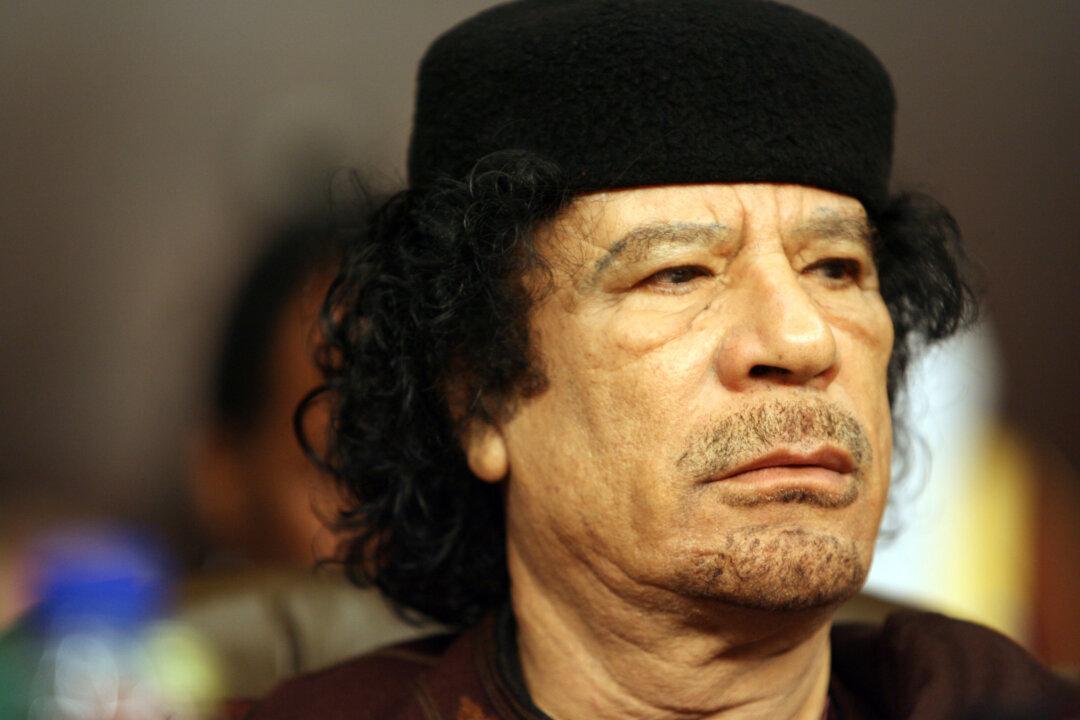The search for deceased Libyan leader Muammar Gaddafi’s rumored $100 billion illicit fortune has hit the Big Apple.
An application filed by the Libyan government in Manhattan federal court seeks records from eight major banks related to Gaddafi’s finances “in what could become the largest international asset recovery effort of all time,” according to attorneys involved in the matter.




